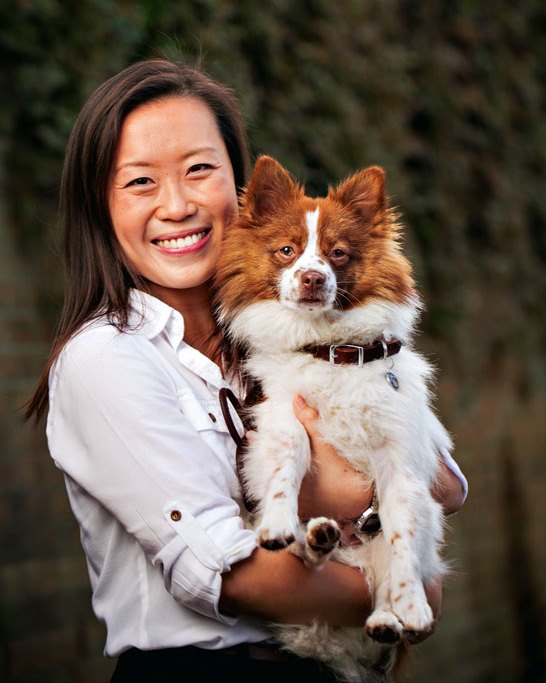Taking the bite out of rabies

Charmaine Tham. Picture: Michael Amendolia
CHARMAINE THAM
(BAnimSc 2002, BVSc 2004)
When Dr Charmaine Tham was a small girl growing up in Singapore, dogs were anything but her best friends.
They were frightening. They also carried diseases, like rabies, something that worried her even more.
“As kids we would tease each other about getting rabies, whether or not it existed,” she recalls.
How things changed. Tham conquered her fears and went on to become, of all things, a veterinarian. And then she fell in love. Her name was Pepe and she was a Pomeranian-Chihuahua cross that had been rescued from a local shelter.
But it was while working as a volunteer for Vets Beyond Borders Australia that Tham got the opportunity to do important work in communities where stray dogs are a danger to people, spreading diseases like rabies.
“I happened to speak to someone who was going on a Vets Beyond Borders trip to China to teach the vets over there and he asked, ‘Would you like to come along? You speak Mandarin and would be a great help.’
“And I said, ‘Yes, absolutely, for sure.’
“And so that was my first experience with Vets Beyond Borders (VBB). That’s pretty much how the journey started.”
Today, Tham is chair of the group, overseeing funding and management of projects throughout Asia. Much of the work concentrates on India, a country with a high incidence of rabies.
“What we know about rabies and dogs in these communities is, if you cull the dogs they just breed and it becomes an unsustainable cycle of killing, breeding and killing, with rabies not changing in its rate of incidence. It may even get worse.”
Since 2003, VBB estimates it has vaccinated more than 65,000 cats and dogs and sterilised more than 30,000 street dogs, which has led to more stable populations and a better appreciation of animals in local communities.
No longer a practising vet, Tham’s career now is as a technical manager at a complementary medicine company, Blackmore’s, overseeing the development of natural health products for dogs, and speaking up for VBB. The latter, she says, is a skill she can trace to her days at the University.
“I learnt to speak up more during tutorials, which was quite different to my previous experiences in secondary education in Asia and that has helped me hugely in my career since.”
Sadly, Pepe the Pomeranian-Chihuahua died last year. These days Tham shares the love and affection of her housemate’s dog, Benji, a spitz cross.
JENI PORT


